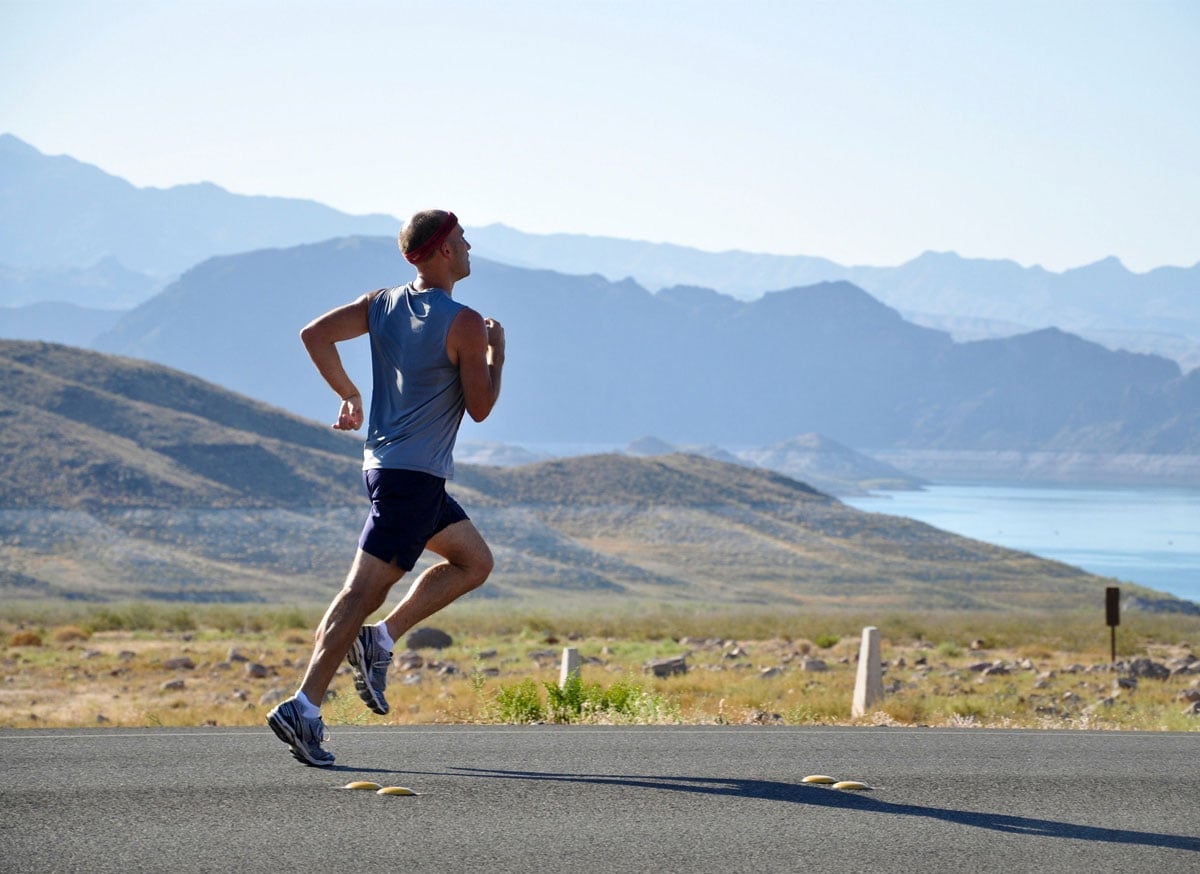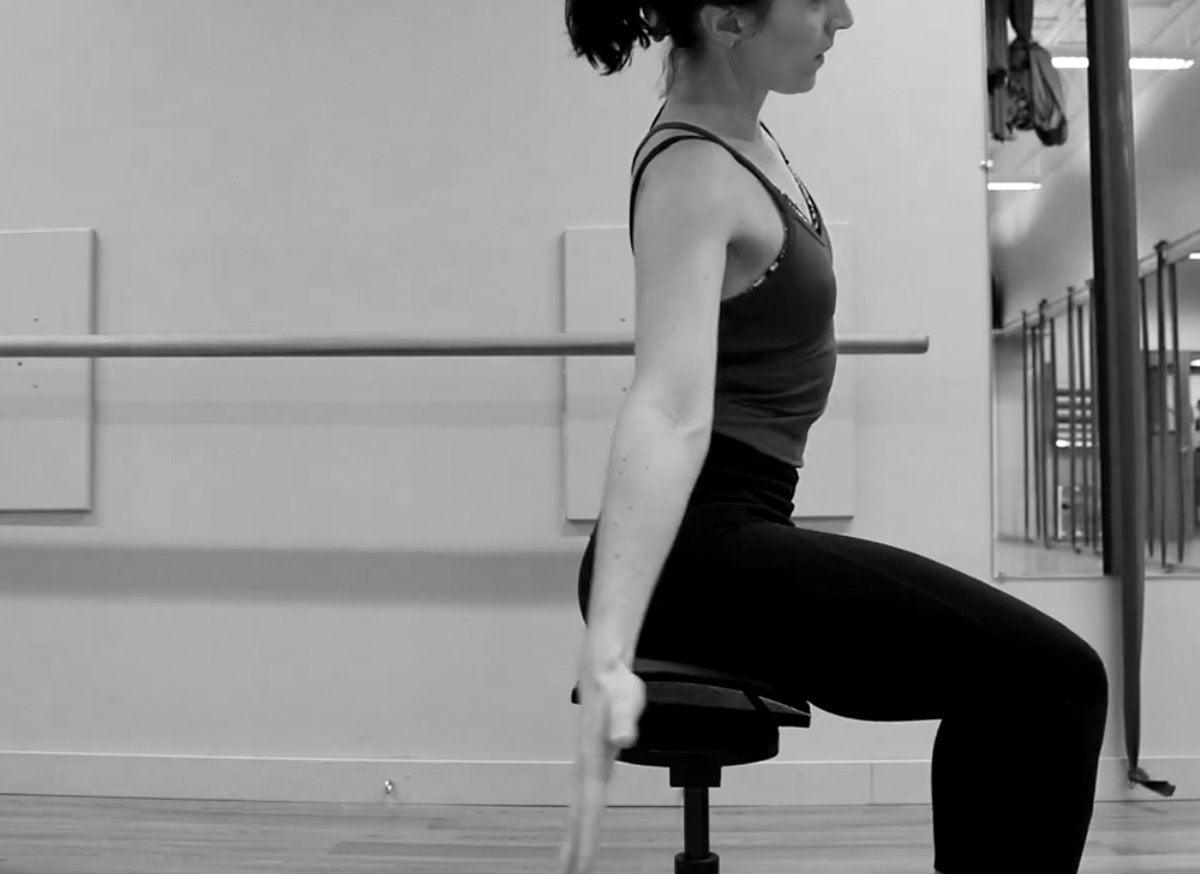Born to Move
Sitting all day seems like a bad idea, but we are now learning just how bad sitting still is for us. Increased rates of heart disease, diabetes, even cancer have all been linked to passive sitting. Further, these increased risks add up to a startling increase in all cause mortality. Simply put: sitting is killing us. And perhaps surprisingly, going to the gym and working out doesn’t solve this problem; there’s something about sitting still that’s simply bad for us.
It turns out that humans may be unique in their need for activity. Recent research (1) shows that even our nearest relatives, chimps, bonobos, and gorillas, all have surprisingly low activity levels in the wild. A typical day in the life of a chimp involves 10 hours/day of resting and grooming before knocking off for 10 hours of sleep each night. In their 4 “active” hours chimps walk about a mile and climb about 100 meters (equal to another mile of walking). Orangutans lead lives that are about as active, and gorillas do far less. In zoos, great apes are even less active but somehow stay lean (10% body fat for chimps) and healthy. By contrast, humans seem to need 10,000 steps (5 miles) of walking every day to stay healthy.
But we’re very similar to our cousins the great apes (97% of our DNA is identical after all) so it’s surprising that we humans require so much more activity. How did this happen?
Really, it seems to have been an accident. An unintended consequence of the huge and fateful step humans took when they abandoned the sedentary gatherer lifestyle of our ancestors in the jungle and strode out onto the savannah to become hunter gathers. This new lifestyle required an obvious upgrade to our anatomy: upright posture, efficient walking, more slow-twitch fibers in our leg muscles, and greatly increased sweat cooling to run down game without overheating.
But our physiology also had to evolve now that we were walking 5 to 10 miles/day (18,000 steps). This was an invisible, biochemical, upgrade. As new hunter gathers we did much more walking and our bodies simply came to rely on walking to keep us healthy. Active muscles release hundreds of signaling molecules that inform and fine tune our internal biochemistry: increasing insulin sensitivity, improving immune function, clearing fat from the blood, and a host of other tweaks required if we’re to stay healthy. It’s not too much to say that that every organ system depends upon adequate levels of activity, right down to the cellular level.
So, it turns out that exercise is not optional; it’s required. Your body knows this, of course, and rewards you with endocannabinoids when you work out (that “runner’s high” you get). Unfortunately, it’s harder for your body to signal that modest amounts of movement are also also great.
But here’s some good news. It’s not the intensity of effort that matters so much as the amount. Modest effort of movement may be sufficient, so long as there’s lots of movement. The key may be to simply inject movement into your day whenever and wherever possible.
Are you sitting down right now? Is there some way you could be active while sitting?
Yes, but that’s a topic for another blog.
-Dr. Turner Osler
Evolved to Exercise, H. Pontzer. Scientific American, 2019.





Leave a comment
All comments are moderated before being published.
This site is protected by hCaptcha and the hCaptcha Privacy Policy and Terms of Service apply.